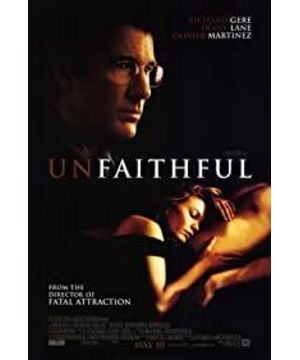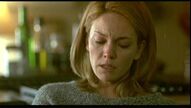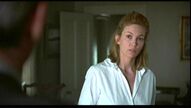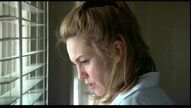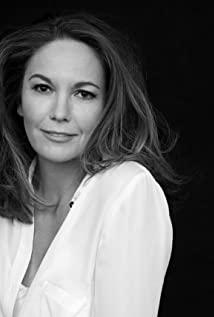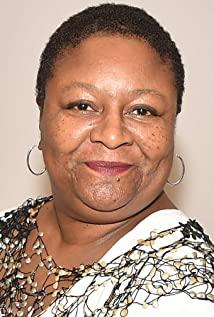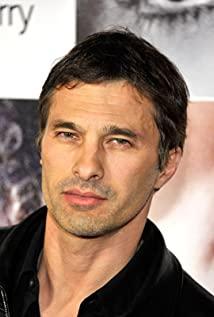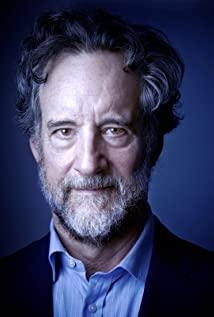I won't go into details, I only read it once, and I can't be at the induction stage.
I want to talk about a plot in it. When Richard sat in front of the piano, hand in hand to teach his eight-year-old son to play the piano, while Diane was packing his things, he inadvertently found a note left by her husband: "To my most beautiful wife or something." What came was the eyes of the two. When their eyes collided, Richard was like a child who had done something wrong, while Diane's eyes were full of forgiveness and emotion. In my opinion, if the film isn't a deliberate inversion of sin, it's a distortion of the Oscar-nominated heroine. If it was deliberately expressed, why did the director make the audience feel as if the husband had cheated on him.
The following is purely for everyone to answer:
What the director wants to express is that the consequences of Unfaithful are permanent damage to both parties. strongly opposed to this phenomenon.
Because you kill someone, you become a weak person, and the real weak person (the derailed party) has a psychological advantage. If Diane really fell in love with the charming and wild man in the movie, then the death of this brother is actually the disappearance of Diane's love.
If the husband doesn't have that revenge and just exposes her. I personally think the ending could have been worse.
Therefore, after watching the movie, there will be a strong feeling that shame will spread to good people, good people will become bad people, and it will cast an indelible shadow on everyone. But, but, but, this doesn't have to be the worst ending! Think about the final impact on the child. . .
The film ends at the police office, as if there is a boundary, the boundary is very clear, and it is mentioned when the heroine meets the man for the first time: there's no mistake, but you do or you don't do. Boundary It's Mistake.
View more about Unfaithful reviews


